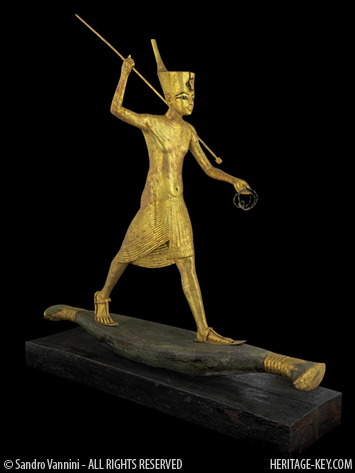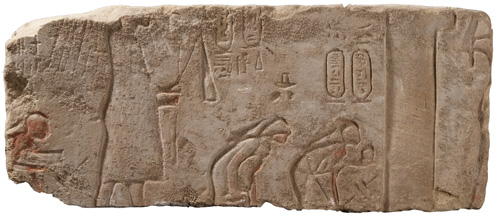 An archaeological team, led by University of Toronto professor Tim Harrison, has uncovered a cache of tablets in a temple thatwas built duringthe ‘Dark Age’ period, after the collapse of several Bronze Age civilizations.
An archaeological team, led by University of Toronto professor Tim Harrison, has uncovered a cache of tablets in a temple thatwas built duringthe ‘Dark Age’ period, after the collapse of several Bronze Age civilizations.
The temple is at the site of Tayinat in southeastern Turkey.
Tayinat has a long history, which stretches from the early Bronze Age (nearly 5,000 years ago) to the end of the Iron Age, about 2,500 years ago.
The ‘Dark Age’ is a period that begins around the 12th century BC It sees the simultaneous collapse of several civilizations in Europe and the Middle East.
In the Aegean, the sites of the Mycenaean civilization became abandoned after 1,200 BC, with all traces of it disappearing by 1,000 BC. In Anatolia the Hittites fell at almost the same time. Meanwhile in Egypt the New Kingdom ended in the 11th century B.C with the country heading into the ‘third intermediate period.’ It would not re-emerge as an independent, unified state, for several centuries.
So a temple constructed around the 10th century BC, during this ‘Dark Age,’ is a rather unusual find and suggests that, at least at this one site, life was continuing on with some sense of normalcy. It was partially uncovered in 2008 and the archaeologists, as I write this, are continuing their excavations. They announced just recently that they have found a cache of tablets.
These tablets are a very recentdiscovery and its uncertain which of them date from when. Its likely that many of them post-date thisDark Ageperiod of collapse. The team said that in 738 BC a re-emergent Assyrian empire paid a visit to Tayinat (wrecking destruction of course) and turned it into a provincial capital. If the tablets date to this time then they will provide an invaluable look into life at the edge of the Assyrian empire.
The tablets, and the information they contain, may possibly highlight the imperial ambitions of one of the great powers of the ancient world, and its lasting influence on the political culture of the Middle East,” Professor Harrison said in a news release.



